Feature 14 min read
A woman on a mission
Electric Vehicle consultant and environmental activist, Beth Lily is a millennial with a classic dose of climate anxiety! She talks to Louise Woodhams about her career to date, motorsport, battery tech and her experience of driving EVs around the world.
How did you get into motorsport?
I grew up near to Silverstone, which is where the interest began. I was then given a motorsport magazine by a family member and the deal was sealed! I started off by getting myself to the track as much as I could and in any way possible, which lead me to having quite a diverse knowledge of how everything works: from being a marshal, to driving, to race direction and officiating. I distinctly remember being very aware at a young age of how few women there were at events and decided that if I turned up, there would be at least one more woman there to up the numbers, so I kind of just put myself out there!
And why the change in direction to electric vehicles?
The change for me was twofold. Firstly, the obvious perhaps, was the environmental impact. I was always aware of and taught about environmental issues from a young age. Also, I have chronic asthma and as much as I hate to admit it – even now, fumes at certain racing events (especially after returning from a season break) sometimes make me horribly unwell. I’d always suck it up and never tell anyone about it, but it definitely made me acutely aware that emissions weren’t good for us or the planet.
Secondly, a few years ago I used to work on an amazing engineering design competition called Formula Student and about 30 per cent of the university teams at the time were choosing to build an electric car. The electric cars used to annihilate the combustion-engine vehicles at the acceleration event, and the way they would navigate the twists and turns of the racing circuits in silence absolutely mesmerised me. It was seeing these cars in action that made me decide that my future had to be electric.
In fact, one of those electric race cars, built by students from ETH Zurich University holds the world record for acceleration today – 0 to 62mph in 1.51 seconds. It’s just incredible!
Please tell us about what you do as a Motorsports Operations Specialist?
That’s quite a big question as there’s a lot involved, but mostly I deal with the sporting operations, rather than the commercial operations. This means I’m involved in everything from technical and safety decisions to calendar planning, race direction and liaison with drivers and teams. The best part is, of course, the racing weekends. I’m normally in race control for this, making a lot of fast-paced decisions! Recently, I’ve been mainly working on a brand new championship, so it’s been really exciting to play a part of the evolution of a totally new motorsport series.
You are also an avid writer, presenter and public speaker – please can you tell us some of your highlights?
I’ve really been throwing myself into this recently as I’ve been enjoying it a lot. I’ve just got back from Switzerland where I’ve been covering the ABB and their involvement with Formula E and the Jaguar I-PACE eTrophy, which was brilliant. I’ve spoken at quite a few EV-focused automotive events this year – the most recent being the 2019 Fully Charged LIVE Show at Silverstone, where I got to be part of a fantastic EV Motorsport panel discussion.
I also recently filmed a documentary about electric vehicles, C02 emissions, renewable energy, oil spills and plastic pollution, which is very exciting. Where I can, I like to include honest discussions about veganism and plant-based diets too, as that is a very important topic when we are talking about climate change.
I think the most important thing for an audience – and what I try to convey when I speak about these topics – is always transparency. Whenever you are vocal about any of these emotive topics, you guarantee yourself backlash from people that don’t want to hear it, are in denial, or simply feel scared, but I have this annoying quality where I can’t help but speak up, so here I am, doing exactly that!
You also commentate – can you tell us a bit about that?
I discovered how much I enjoyed commentary after filling in for someone last minute at a racing event a couple of years back. I agreed without really knowing what I was signing up for but luckily I really got a taste for it. Since then I commentate from time to time at racing weekends, mainly in Europe. Commentary is actually harder work than it looks, and the best commentators know their sport inside out, with a lot of stats and facts at the front of their mind.
As an EV ambassador and consultant, you work alongside a team of engineers, scientists, business consultants, marketing experts and the occasional racing driver or two in order to provide a wealth of knowledge and services to your partner brands and clients. Can you tell us how that came about?
Building a network was definitely a big part of it at the beginning and also making sure to always turn up. It was sort of the same as getting in to motorsport. Any opportunity I was offered or industry event I could attend I took and I gradually built up a network of people that knew and trusted me. I’ve worked, and still work, with some very inspiring brands and people, but now, a huge amount of my time is taken up with just one racing series actually, which is quite nice, as it’s something I am hugely passionate about.
Which vehicles do you think have been most important in the development of electric cars?
People often forget that the first electric cars appeared in the late 1800s and early 1900s, so these are important to mention. In more modern times, Tesla must be given credit with the original roadster becoming the first ever production electric vehicle using Lithium Ion battery chemistry, and the first with a range of 320km plus in a single charge. Since then, Tesla has really made waves that cannot be ignored.
The Nissan LEAF was the most widely-sold electric vehicle of its time and had an affordable price range, alongside the Renault ZOE, and BMWi really kicked things into motion with their holistic approach to sustainability with the i3, which included using renewable and recycled materials in the build.
For me, these are all cars that deserve a firm place in history, but for sure there are more and that’s before I’ve even mentioned hybrids!
What impresses you most from manufacturers at the moment?
At the moment, we’re in a really interesting time in the industry, with quite a few large manufacturers playing catch-up with electric vehicles. This has made for an interesting and disruptive atmosphere, which has allowed companies to think about why some traditions are there and what they can change to bring their products into the future.
You can see the manufacturers that are struggling by the way they are marketing themselves at the moment, so I’m mostly impressed by manufacturers that are open and transparent about their visions, goals and products, with a willingness to change.
On the vehicle side of things, I’m becoming more and more impressed by those that fit “the whole package”. Transportation has become so intrinsically rooted to lifestyle now that I think the days of buying a car just because of aesthetics or supercar-stats are over.
Over the past few years, you have undertaken some huge distances in electric cars, including driving 60,000km, through 11 different countries in Europe. Please can you share with us your worst and best experience?
The best and worst experiences both happened in Norway, driving the original Tesla Roadster. On the best experience, I achieved 650km plus range in it on a single charge one day, utilising a lot of downhill regeneration. We drove through an incredible mountain pass road called Trollstigen and then along the Atlantic road. It was surreal and beautiful to be surrounded by incredible nature and wild animals, with the roof off in a silent car. It’s hard to describe how amazing it was.
The worst experience happened about a week later in the same car when returning from Nordkapp, the most northern point in Europe. I was driving in the Arctic Circle on a one-track road with no escape routes and a huge drop either side when a massive arctic storm rolled down from the surrounding mountains. I spent an hour in darkness, desperately trying to keep the car on the road with no grip and insane wind-speeds from either side before I was able to finally stop in a layby. It was absolutely terrifying.
Please can you tell us about your past adventures?
My last big long-distance adventure involved travelling from UK to Nordkapp and back in four different electric cars and was completed in Summer of 2018. Our team of six drove the original Tesla Roadster, Tesla Model S, BMW i3 and a 30kWh Nissan LEAF on an incredible 10,000km sustainable adventure. The biggest challenge was having four different electric cars, as well as ensuring the entire journey was fully sustainable. This meant we camped every night and arranged beach clean-up events all along the coastal route. We met with some incredible NGOs and companies en route in order to start conversations about oil spills, plastic pollution and C02 emissions.
Previously, thanks to BMWi BeLux, I took an i3 (a car I absolutely love to drive) on a 60,000km tour through European mountain ranges to promote electric vehicle adoption, and the year before that I drove from Darwin to Adelaide in Australia with two engineers collecting data for the build of a solar-powered car.
You also brought the first ever erod into the UK can you tell us more about this?
The erod is a fun Swiss-designed electric kit car. In October of 2017, I brought an erod into the UK for the first time ever. I took it to various events and exhibited it at shows, demonstrated it on track and gave passenger rides. It was a great little vehicle for getting people interested in electric vehicles and showing them how fun they can be.
Can you tell us about your role as a role as a STEM ambassador
I am a STEM ambassador for Greenpower Benelux. It’s a great initiative where school children can build and race their very own electric cars. STEM education is very important in order to ensure the next generation of engineers, scientists and mathematicians – in fact there’s a big shortage and in particular of course, not enough young women looking to take up these subjects. As well as STEM subjects, I am also very vocal about my advocacy for language, humanities and arts education, as I think they are all absolutely vital for society.
A lot of people complain to us that EVs are too expensive, the infrastructure isn’t there and that it takes too long to charge a car. What do you think needs to change before the majority of people would consider buying an EV?
It’s hard to say because I feel that already EVs are very viable for most people’s lifestyle. Of course, if suddenly everyone switched tomorrow, things would be difficult, but that’s never going to happen.
I believe affordable EVs are very important and it is something I push for a lot, however it’s important to look at the up-front cost of an EV in terms of the cost of its entire lifetime. There are big savings when it comes to fuel and maintenance, which often people don’t take into account. Plus, many countries offer grants and incentives towards EV purchases.
In terms of charging time, most people don’t drive big mileages every day or week. In fact, the majority of users would be fine simply charging at home on the standard plug sockets overnight. Even when you do need to charge on the go, most vehicles take maximum 30 to 50 minutes to get a decent charge on the fast chargers, which by the time you’ve gone to the bathroom, eaten a snack or had a coffee, doesn’t really feel like a bother.
Finally electric vehicles covers so much more than just electric cars and I think it’s really important, especially from an environmental perspective to talk about public transport. There are some fantastic electric train and tram systems around the world and maybe in the future electric planes too. On a small scale we also have electric bicycles, Personal Electric Transportation (PET) – such as unicycles and scooters, and many other mobility vehicles. I’ve seen a lot of people switch to commuting using these methods now rather than driving and it’s very much about finding a solution that works for you. If you don’t need a car in your life (EV or not) that’s great too!
We all know that electric vehicles are much more environmentally friendly than petrol and diesel cars but there are known issues in terms of their manufacturing, how do you see this improving?
It’s a topic that comes up a lot in the EV vs ICE debate, but essentially no matter how you look at it, EVs actually do come out on top even with manufacturing included, plus with environmental issues being rightfully a big focus at the moment, companies are heavily investing in sustainable practices and processes.
With everything, including manufacturing, the more we shift away from the use of fossil fuels, the better the processes become for the planet.
Despite a lot of people’s worries that batteries don’t last long enough, EVs have a much longer lifetime than a combustion vehicle and with less moving mechanical parts, require much less maintenance. I’ve personally driven an ex-taxi Tesla that had nearly one million kilometres on the odometer and it was still going. If that had been a combustion vehicle with that mileage, it would have likely been scrapped long ago and replaced.
Often I hear people say “you should just keep running your old banger rather than buy an EV” and although it’s definitely important for us to shift away from a throwaway society, some of these cars, particularly older vehicles can be hugely inefficient and produce fumes that are directly poisoning our air.
In fact, even if you powered your EV fully using electricity from coal rather than renewables, it would still be more environmentally friendly than a combustion car, as an electric vehicle is simply much more efficient. But let’s not do that!
Do you believe batteries can ever really be ethical, recyclable and sustainable?
Battery tech is evolving very quickly with a lot of investment, so I think we will see rapid improvements over the next few years. That being said, there is a lot of misinformation that goes out in the media about batteries, which paint things as being much worse than they really are.
Batteries are already recyclable, with many manufacturers turning vehicle batteries into energy storage systems and they can go on for many, many years that way. Plus, people seem to conveniently forget that fossil fuels take energy to create, and is certainly not recyclable or ethical.
As I’m not a scientist myself, on topics like this I often refer people to watch videos by a fantastic electrochemist called Dr Euan McTurk, who explains these issues in an easy-to-understand way on his YouTube Channel called Plug Life Television. I recommend this video and skip to 41 mins for the sections about battery production and material, including discussing Lithium.
And lastly, can you tell us what you drive now?
At the moment I proudly drive a four-year-old (purchased second-hand because recycling is awesome!) LHD Tesla Model S in midnight silver called Raijū. I do a huge yearly mileage working all over Europe, and as I try to avoid flying as much as possible, I opt to drive my Tesla or take the train where driving is not an option.
My car genuinely makes me smile every time I get behind the wheel and I love how the general public get so excited when they see it too. It is fast, yet it is the most practical and cheapest car I could own given my large yearly mileage. I won’t bore you, but I did the maths! Plus, I can use the summon feature on my phone to creep the car up silently behind my mum with no driver inside and give her a little fright and that comedy never gets old.
Take a look at Beth Lily's Instagram here.


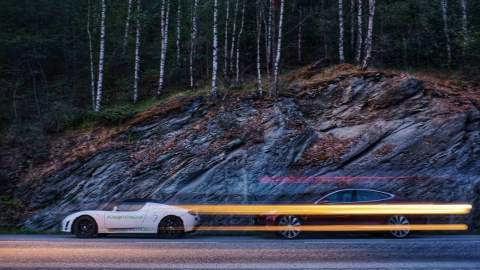
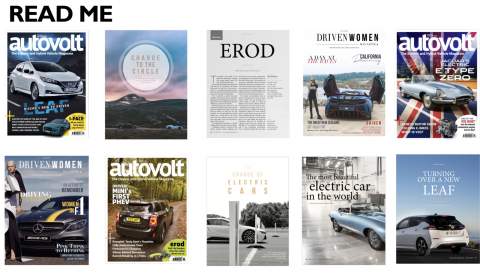
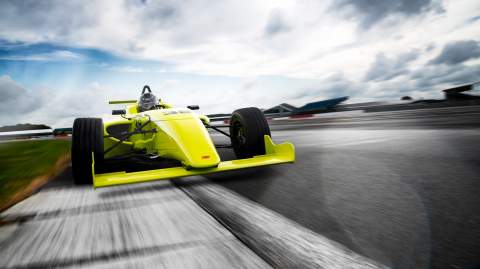
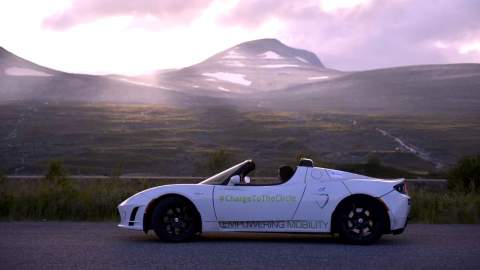

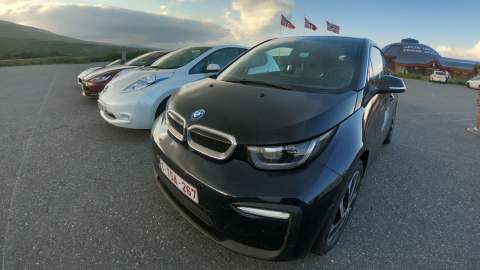
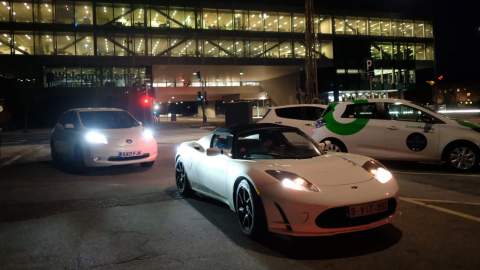
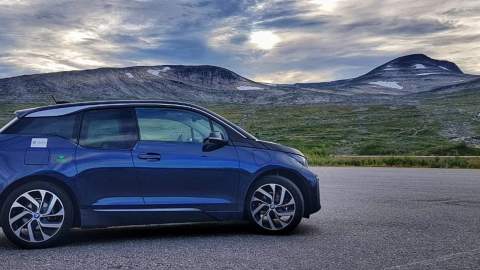
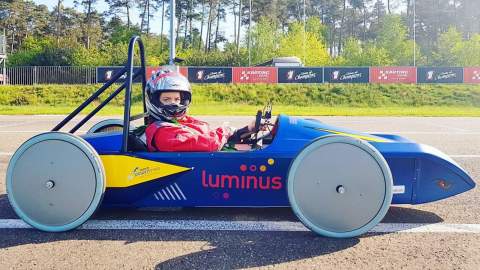
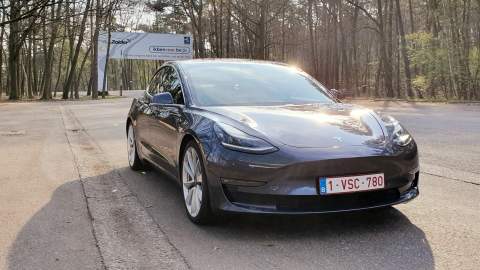
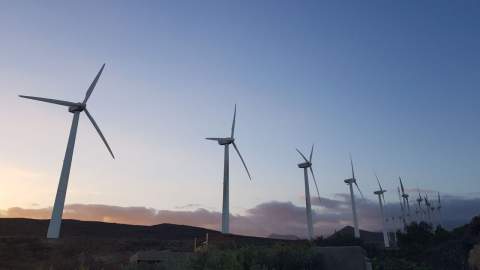
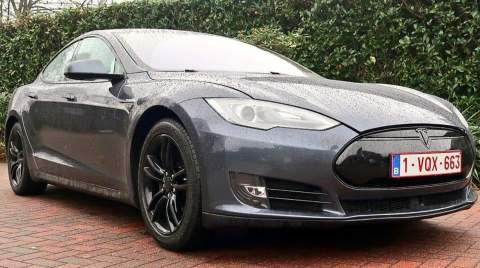

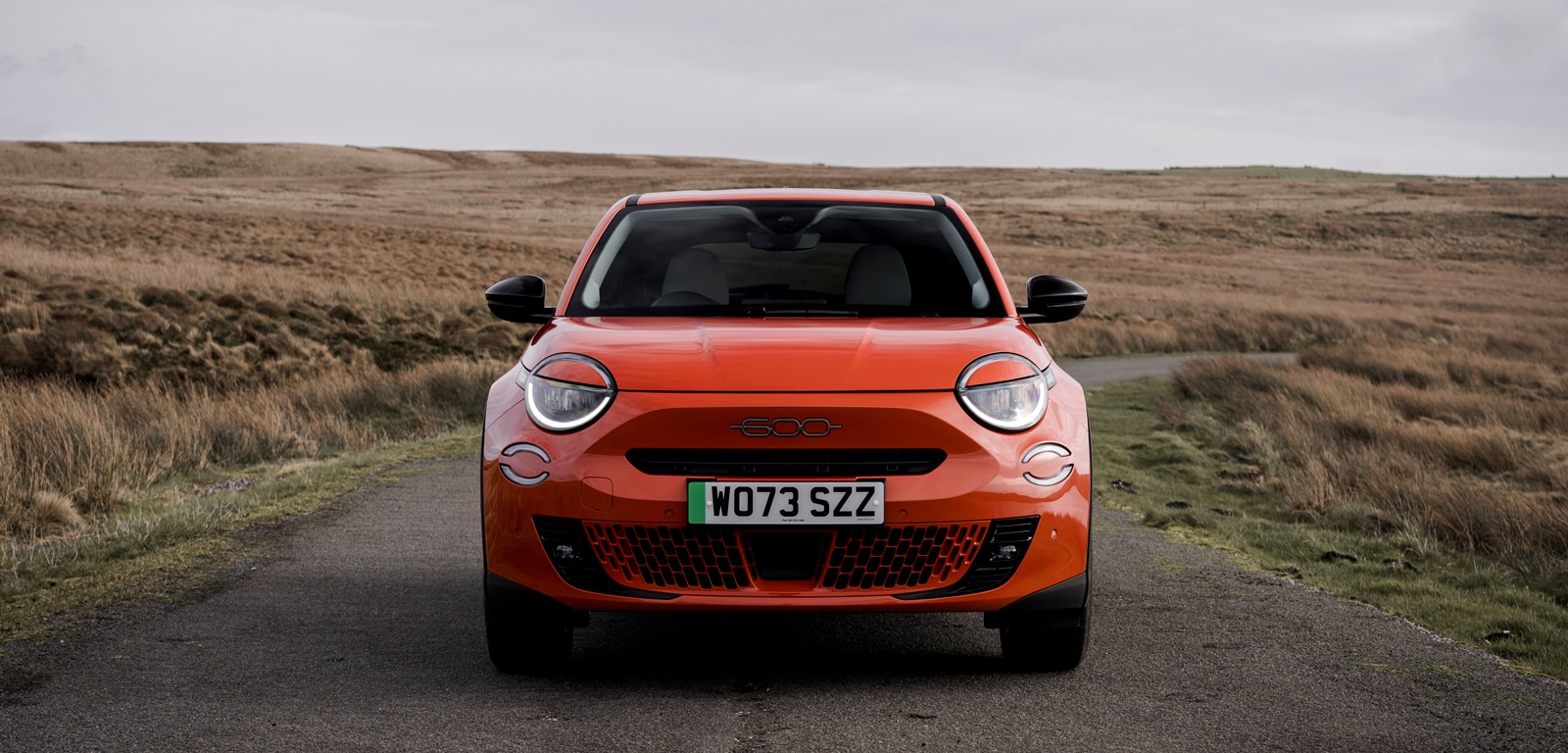
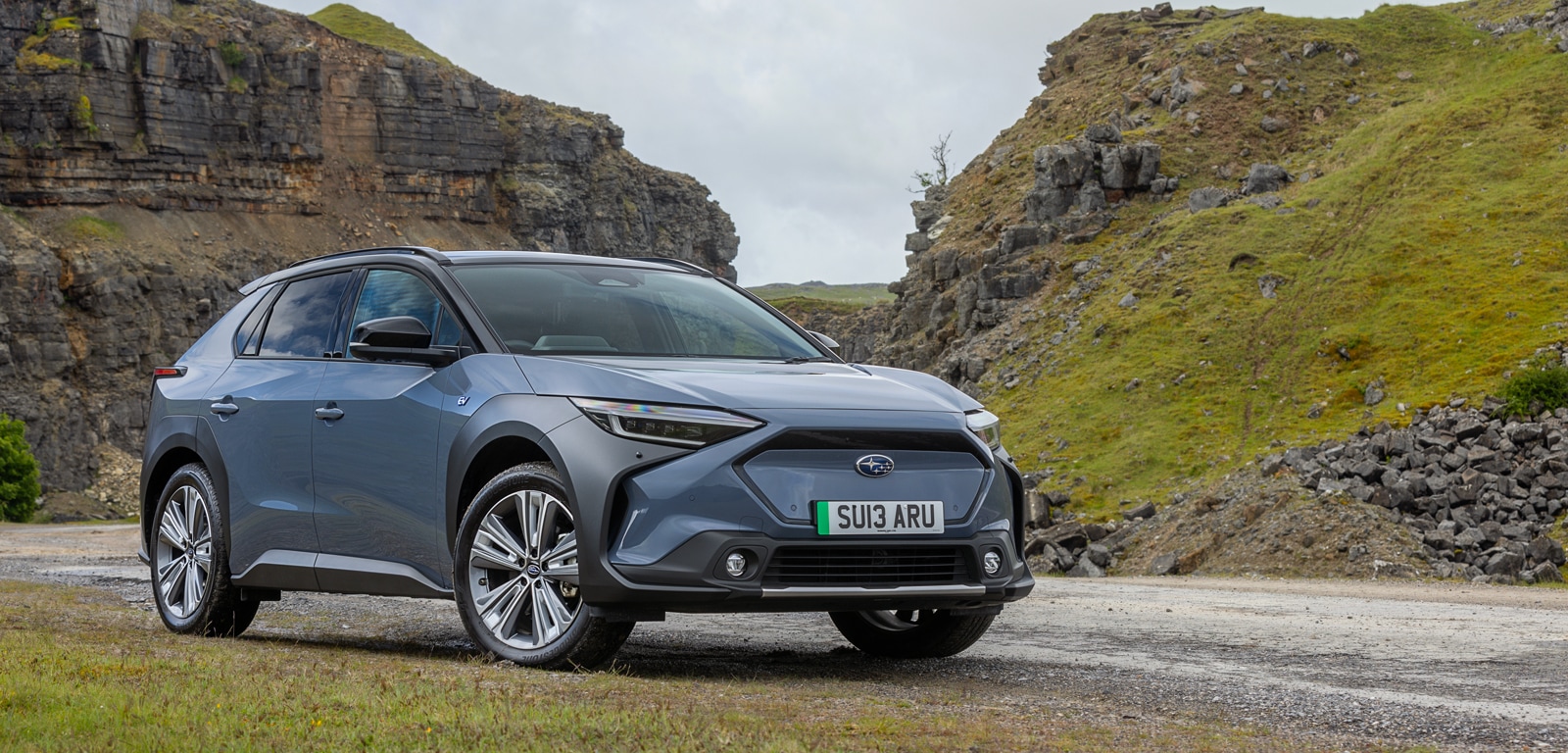
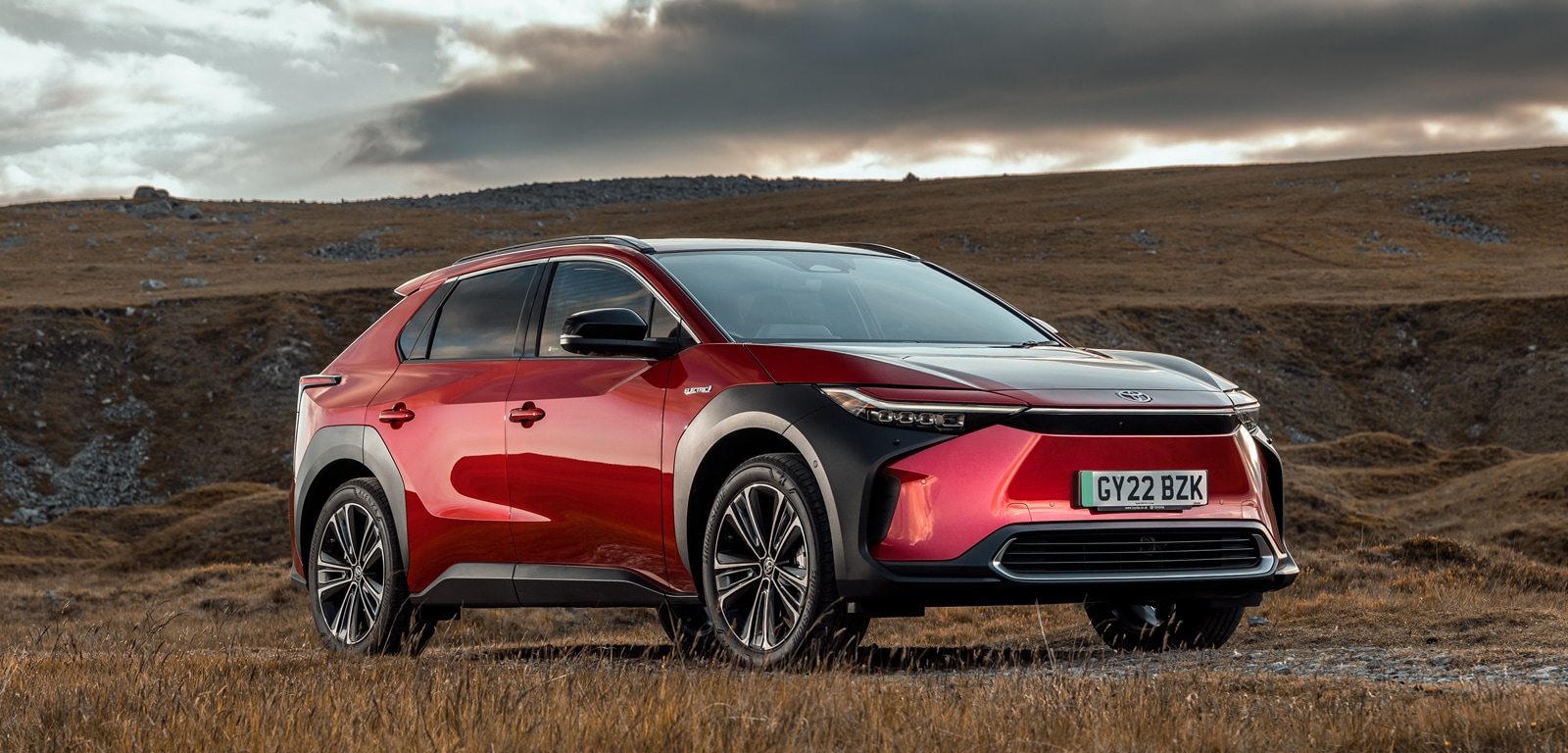
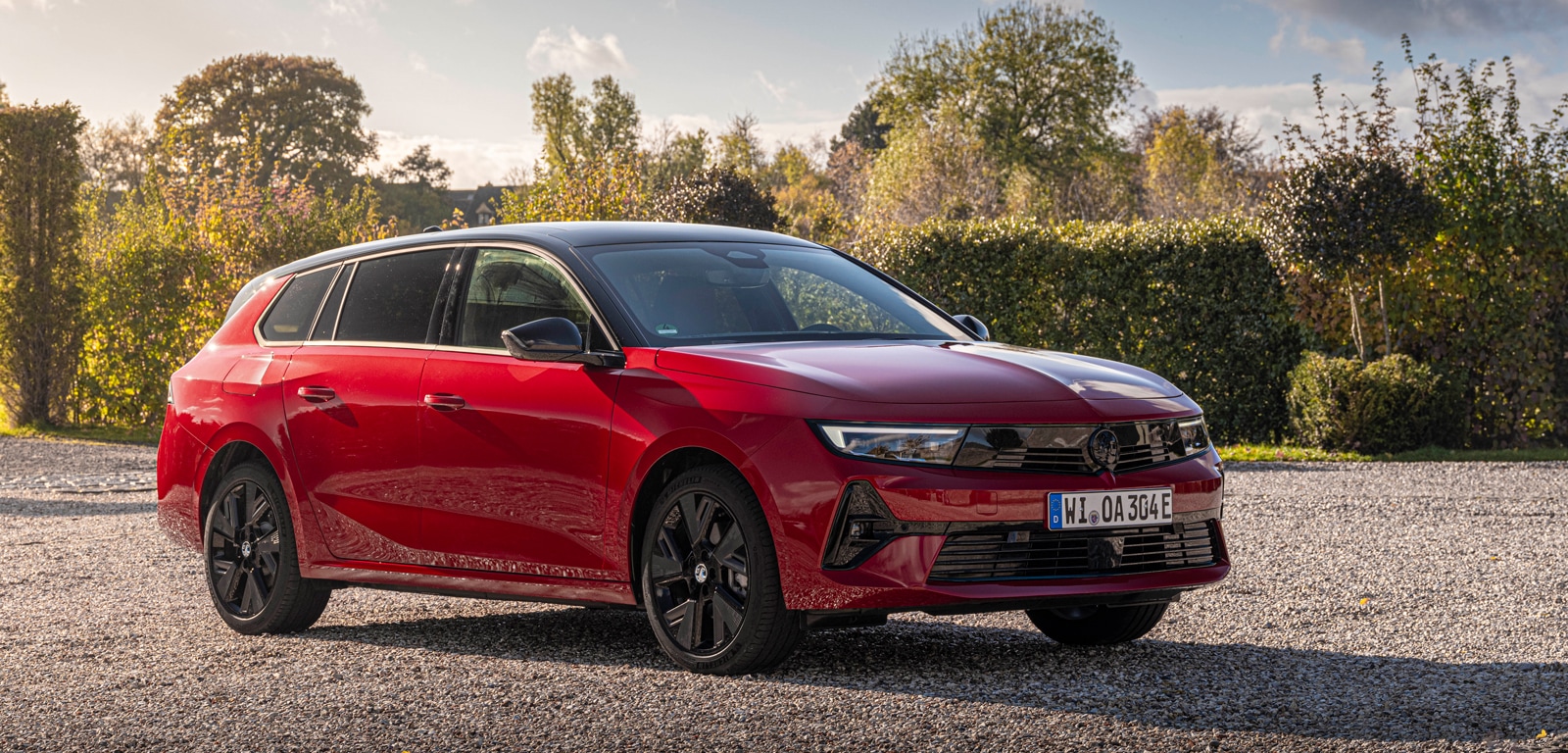
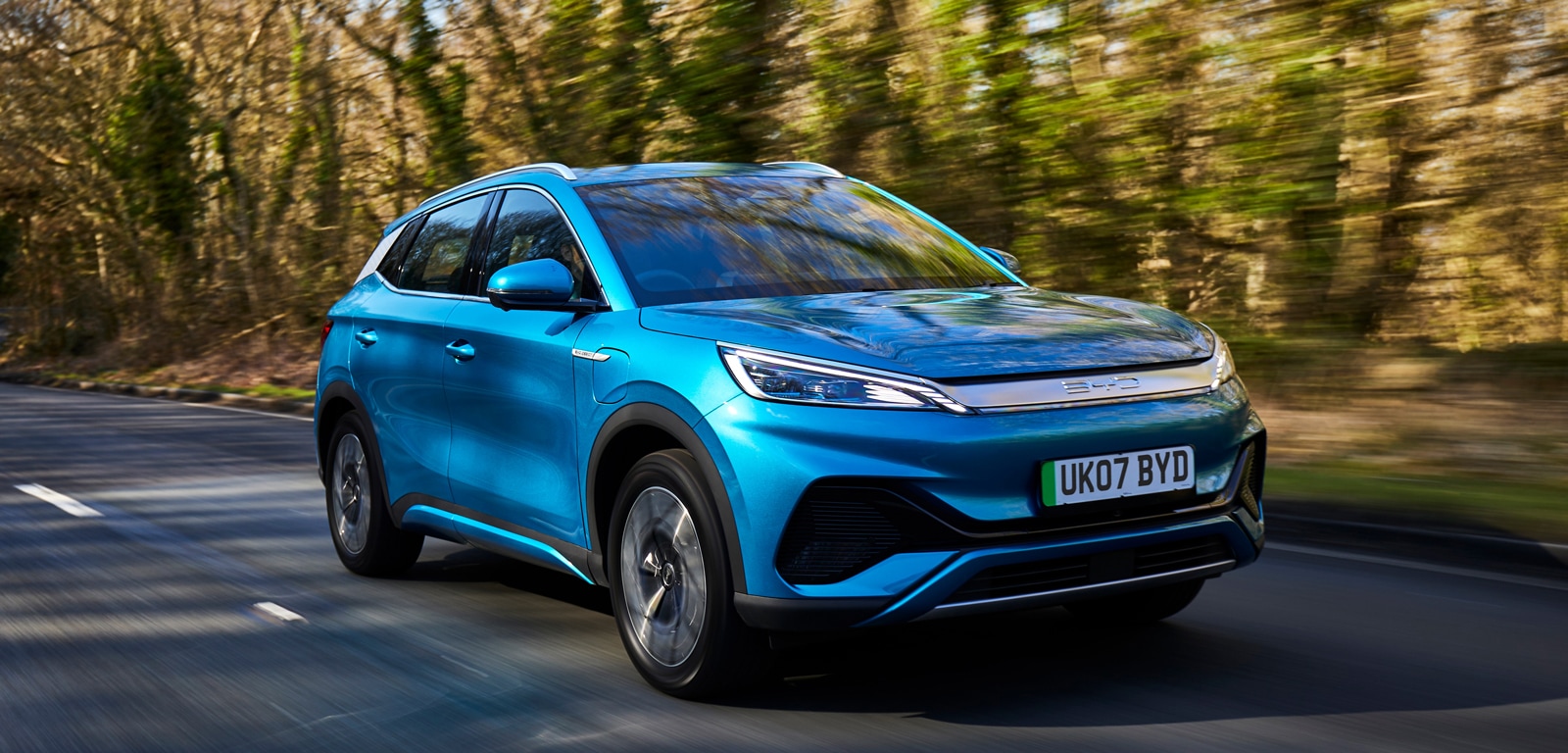
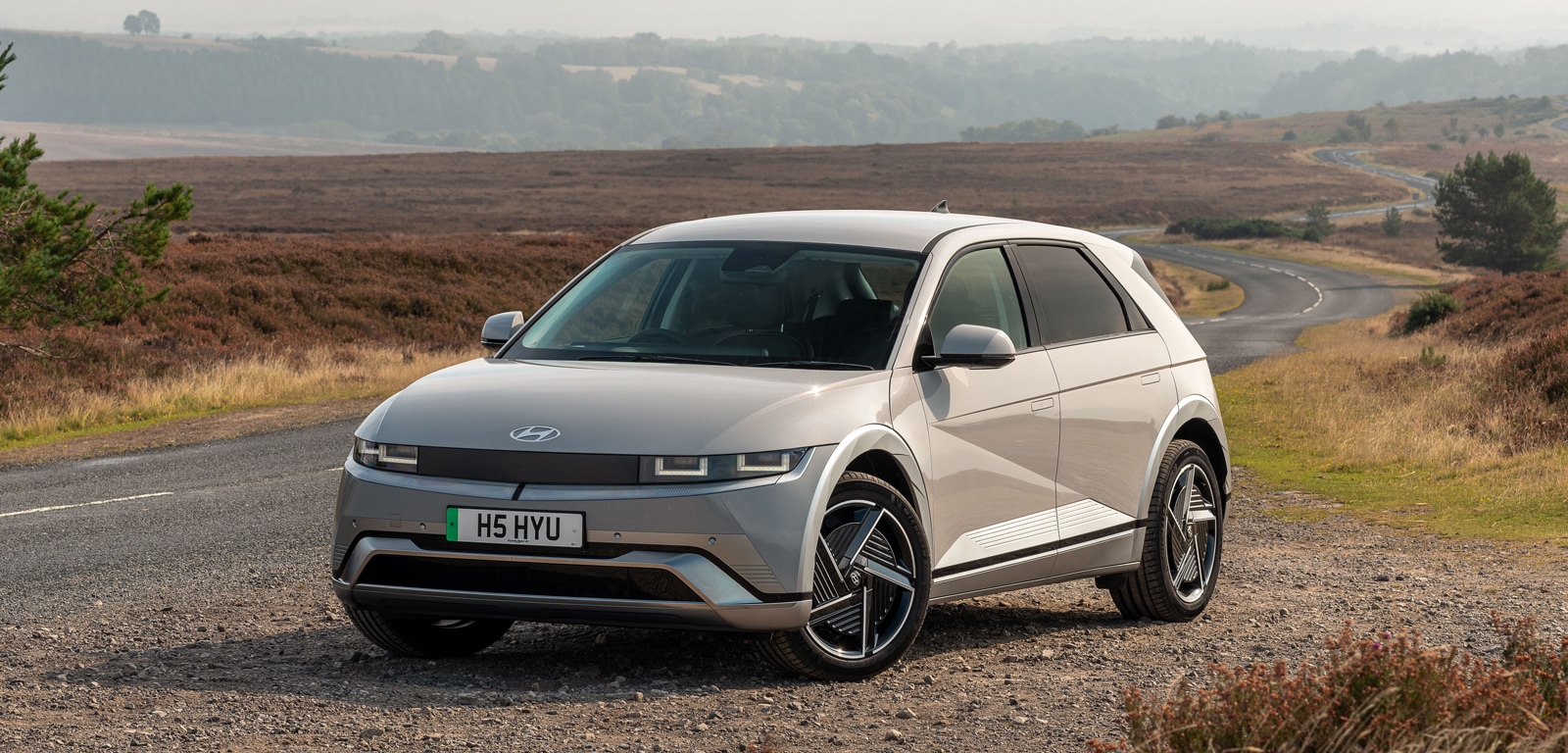

Comments (0)
Be the first to write a comment
Login/ Signup